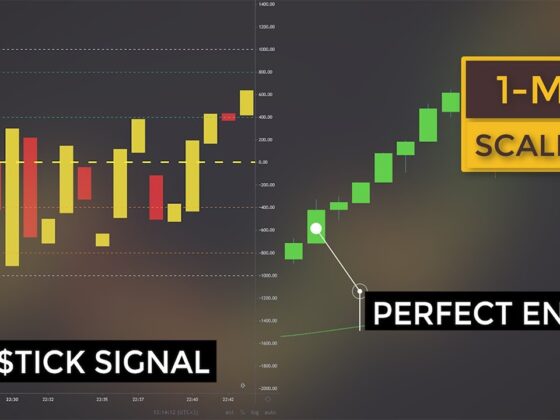When most people hear about trading, they picture easy money, luxurious vacations, and endless freedom. The reality? It can be something else entirely. Ask anyone who’s put in a few weeks as a trader, and they’ll tell you—it’s not all fancy cars and ocean views.
Unlike a regular job with clear routines and a steady paycheck, trading takes you on a rollercoaster. There’s no guaranteed paycheck, and success demands more than just a sharp mind; it takes grit, persistence, and sometimes a little bit of luck.
So, is it more stressful than a day job? Let’s break it down to see how trading life stacks up against the usual 9-to-5 grind.
Key Points
- A trading career doesn’t mean instant riches.
- Each day brings new challenges, unpredictable shifts, and market news.
- Profits come without guarantees; the stakes are personal and high.
- The right platform can make a difference for serious traders.
- Mental fortitude, adaptability, and a proactive mindset are essential.
Trading vs. Day Job ─ Unpredictable Days, Higher Stakes

A day job is a familiar pattern. You show up, put in the hours, and at the end of each month, there’s a paycheck waiting. Sure, sometimes it’s boring, but at least you know what to expect. Trading, on the other hand, doesn’t come with a manual, and there are no guarantees. The market doesn’t wait or care about your stress levels, and one wrong move can mean major losses. Imagine waking up each day, knowing that your income could rise or plummet with every small shift in the market.
For example, a platform like Binomo offers tools to help traders better manage their trades. But even with the best tools, trading remains a job where nothing is certain. It’s like a game, and every player needs an edge. The platform provides a virtual demo account with $10,000, a great way to start learning. Yet, learning doesn’t mean perfect trading. You must stay sharp, study the patterns, and adapt fast.
Risks and Rewards ─ Why Trading Isn’t a Shortcut to Wealth
People get into trading with dreams of easy wealth. Yet, unlike a regular job, where you can settle into a comfortable routine, trading requires full mental and emotional investment. You don’t just lose money on a bad trade; you also lose peace of mind. There’s no guarantee that the next day will be better. And if you’re not mentally prepared, that stress can spiral.
Sure, there are good days when you close a trade and make a solid profit. But the emotional toll adds up. You’re constantly balancing excitement with fear. Each trade can bring either profit or loss, and often, the results can swing in ways you didn’t anticipate. So, why do people still choose to trade? Simple—the rewards can be substantial. But that comes at the cost of steady income, which most day jobs provide without fail.
Control and Independence ─ A Blessing or a Curse?

For some, the appeal of trading lies in the independence. No boss is telling you what to do, no meetings that feel like a waste of time. But that independence comes with pressure. Imagine being your own boss with all responsibility. In a day job, you know what’s expected and can take comfort in meeting specific goals. In trading, the only goal is profit, and no one else will tell you how to get there.
Independence means complete control, but it also means taking responsibility when things don’t go as planned. You’re not just showing up; you’re actively deciding and living with each choice. That freedom can feel overwhelming, especially on days when nothing seems to go right.
The Personal Cost ─ Time, Energy, and Social Life
Trading doesn’t always fit into a neat 9-to-5 slot. You might need to get up at odd hours or spend weekends researching markets. That time cost eats into personal life, family time, and even simple relaxation. It’s common to become absorbed in the market because there’s always the possibility of a big win. But that “big win” mindset can keep you tied to the screen far beyond normal work hours.
Friends and family might not understand the demands. They may think you’re just gambling or taking unnecessary risks. In reality, successful trading requires discipline, study, and sacrifice. And while that dedication can pay off, it also demands a level of commitment that many traditional jobs never require.
FAQs

1. Can trading really replace a full-time job?
It depends on your skill, risk tolerance, and financial goals. While possible, many find it challenging to maintain a steady income.
2. How much money should I start with?
Starting with a demo account is ideal for learning without risking real money. For live trading, experts recommend only investing money you can afford to lose.
3. How do traders handle losses?
Successful traders set strict limits to cut losses and keep a positive outlook. Managing stress and risk is part of the job.
4. Is trading worth the stress?
Only if you’re ready for high stakes and value flexibility over stability. It’s not for everyone.
Trading demands a unique mindset, one that not everyone will find enjoyable. For those who thrive in high-stress situations, trading offers freedom and the potential for substantial rewards. But, if you prefer stability and predictable income, a day job might just offer the right balance.


